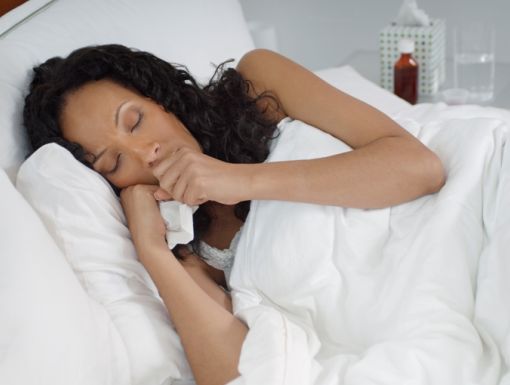
Mumps: Symptoms and Treatments
Mumps is a severe viral illness that results in swollen salivary glands. It spreads through saliva or mucus from the mouth, nose or throat. An infected person can spread the virus by:
- Coughing, sneezing, or talking
- Sharing items, such as cups or eating utensils, with others
- Touching objects or surfaces with unwashed hands that are then touched by others
Mumps is most contagious before the salivary glands begin to swell, which results in puffy cheeks or jaw. Symptoms typically appear 16-18 days after infection, but this period can range from 12-25 days after infection.
The Symptoms
The most common symptoms include:
- Fever
- Headache
- Muscle aches
- Tiredness
- Loss of appetite
- Swollen and tender salivary glands under the ears on one or both sides
Some people who get mumps have very mild or no symptoms and may not know they have the disease. However, others can have serious complications including orchitis (inflammation of the testicles), meningitis (inflammation of the lining of the brain and spinal cord), encephalitis (inflammation of the brain) and permanent hearing loss.
Prevention and Treatment
Immunization against mumps is a component of the MMR vaccine (MMR stands for measles, mumps, and rubella). Immunization is the best protection against mumps.
Since mumps is a virus, it doesn’t respond to antibiotics. However, you can treat the symptoms to make yourself more comfortable while you’re sick.
- Rest your body. You will feel weak or tired for a couple weeks. Don’t overdo your activities.
- Take over-the-counter pain relievers to bring down your fever.
- Soothe swollen glands by applying ice packs.
- Drink plenty of fluids to avoid dehydration.
- Chewing can be painful when your glands are swollen. Eat a soft diet of soup or yogurt.
- Avoid acidic foods and beverages that may cause more pain in your salivary glands.
You can usually return to work or school about one week after a doctor diagnoses your mumps, if you feel up to it. By this point, you’re no longer contagious. Mumps usually runs its course in a couple of weeks.
Most people who get mumps can’t contract the disease a second time. Having the virus once protects you against becoming infected again.
What to Know
Children 12 months of age or older should have two doses of the mumps vaccine, separated by at least 28 days. These are typically given at 12 months and 4 years of age. Teenagers and adults without evidence of immunity to mumps should have two doses of the mumps vaccine, separated by at least 28 days.
Mumps remains a common disease in many parts of the world, including areas in Europe, Asia, the Pacific and Africa. Anyone who is not protected against mumps is at risk of getting infected when they travel internationally. People should be protected against mumps before international travel.


